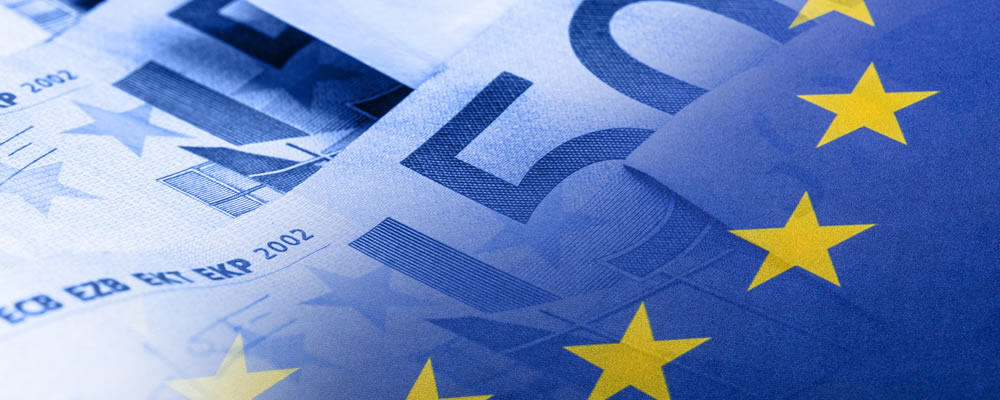EUR/GBP Exchange Rate Heads Higher as Eurozone PMI Hits Highest Level Since May 2018
The Euro to Pound (EUR/GBP) exchange rate rose by 0.4% today, with the pairing currently trading around £0.89.
The Euro (EUR) rose today following the release of Germany’s Manufacturing PMI for December, which rose to 58.3, slightly below expectations. However, the figure is its highest level since February 2018.
Today also saw the release of the Eurozone’s Manufacturing PMI for December which rose by 55.2, its highest level since May 2018.
Chris Williamson, the Chief Business Economist at IHS Markit, said that the Eurozone’s manufacturing sector had been ‘encouragingly strong’, adding:
‘The strong manufacturing growth is thanks to a large extent on booming demand for German goods, which drove most of the increase in eurozone production during December, in turn buoyed by rising exports. While robust expansions were also seen in the Netherlands and Ireland, these in part reflected a temporary spike in UK demand prior to the end of the Brexit transition period.’
Euro (EUR) investors are also more optimistic about 2021, with uncertainties around Brexit in the rear-view mirror as well as continuing rollout of Covid-19 vaccines.
As a result, the EUR has risen against the Pound (GBP) today on hopes that the coronavirus vaccine could bolster the Eurozone’s economic recovery in the months ahead.
Pound (GBP) Sinks as Fears Over South Africa’s Covid-19 Variant Weigh on UK Markets
The Pound (GBP) struggled today after Matt Hancock, the British Health Secretary, said that England could face a tighter Covid-19 lockdown within 24-hours.
As a result, GBP investors are becoming increasingly gloomy about Britain’s economy, with fears that further restrictions could severely inhibit the UK’s economic recovery.
UK markets are also concerned that the new South African Covid-19 variant could potentially be resistant to the new vaccines.
In UK economic news, today saw the release of the Manufacturing PMI for December, which beat forecasts and rose to 57.6.
Rob Dobson, Director at IHS Markit, commented on the data:
‘The Manufacturing PMI rose to its highest level in over three years in December, mainly reflecting a boost from last-minute preparations before the end of the Brexit transition period. Customers, especially those based in the EU, brought forward purchases, boosting sales temporarily. It seems likely that this boost will reverse in the opening months of 2021, making for a weak start to the year.’
GBP/EUR Forecast: Could Covid-19 Fears Limit Sterling This Week?
Euro (EUR) traders will be awaiting tomorrow’s release of Germany’s Retail Sales report for November.
Any improvement in the outlook for the Eurozone’s largest economy could buoy the EUR/GBP exchange rate.
Tomorrow will also see the release of Germany’s Unemployment Rate for December.
If this rises, then we could see the single currency suffer.
Pound (GBP) traders will continue to monitor the Covid-19 situation in the UK and beyond.
Any further signs that the Covid-19 vaccine could prove affected in reducing the number of cases in the next few months would be GBP-positive.



